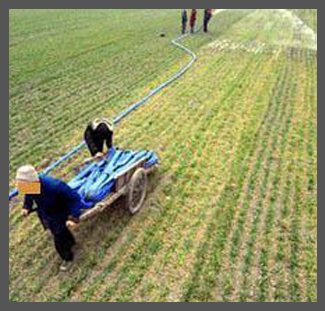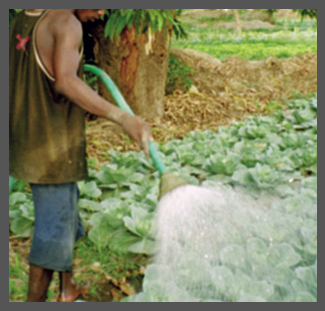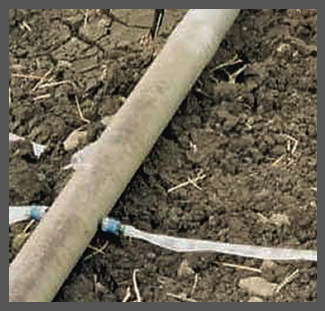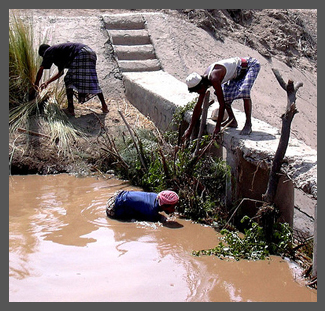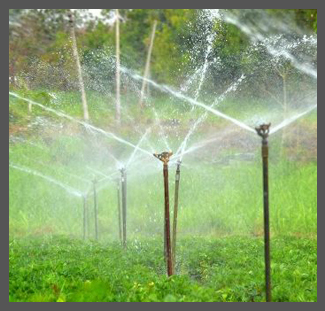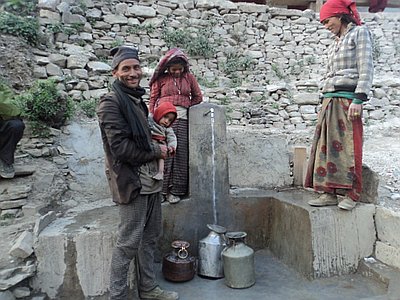Difference between revisions of "Surface irrigation"
| Line 27: | Line 27: | ||
|} | |} | ||
</div> | </div> | ||
| − | |||
<br> | <br> | ||
Revision as of 06:06, 1 October 2013
Field experiences
| Akvo RSR Project: Community Health and Development Project
The Khatyad Belt Sanitation and Hygiene Project is situated in a very remote and mountainous region in Mugu District, Karnali Region of Nepal. The project covers the 3 VDCs of the Khatyad Belt. On those VDCs, 415 out of total 1165 households will be directly benefited by this project. Hygiene and sanitation practices of the whole Karnali region are very poor. We aim to improve it by this project. |
Surface irrigation links
- In pictures: Niger's hunger-fighting trees. A photographic explanation of how the moringa tree is drought-resistant and providing a consistent food supply.
- Irrigation uses many different pumps. With several irrigation pumps to chose from, some are commercial, while others are easy to build from local materials.
a pedal-powered pump and drip system |
Smallholder irrigation could change the lives of millions of people
Smallholder farmers in sub-Saharan Africa and South Asia are increasingly using small-scale irrigation to cultivate their land. Individually owned and operated irrigation technologies improve yields, reduce risks associated with climate variability and increase incomes, allowing farmers to purchase food, health care and education. There is great potential for many more farmers to benefit from small-scale irrigation. This report presents governments, donors, lending institutions, the private sector and farmers with the opportunity to make well-informed decisions about investments in agricultural water management (AWM) that could change the lives of millions of rural people.
- Water for wealth and food security: Supporting farmer-driven investments in agricultural water management. 2012 study by AgWater Solutions.
